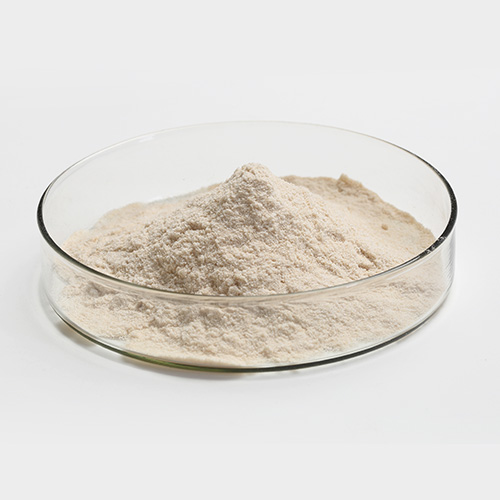Probiotic
Probiotics are live microorganisms that provide health benefits when consumed in adequate amounts. These beneficial bacteria and yeasts are naturally present in our bodies, especially in the digestive system, and are also found in certain foods and supplements. Probiotics are known for their positiv......
Send Inquiry
Product Description
Probiotics are live microorganisms that provide health benefits when consumed in adequate amounts. These beneficial bacteria and yeasts are naturally present in our bodies, especially in the digestive system, and are also found in certain foods and supplements. Probiotics are known for their positive effects on gut health and overall well-being. Here are some key points about probiotics:
1. Types of Probiotics: Probiotics encompass various strains of bacteria and yeasts. The most commonly studied and used probiotics include Lactobacillus and Bifidobacterium species. Each strain may have unique properties and benefits, so different probiotics can have different effects.
2. Gut Health: Probiotics play a crucial role in maintaining a healthy gut. They help restore and balance the natural microflora in the digestive system, which can be disrupted by factors like poor diet, stress, antibiotics, or illness. Probiotics support digestion, promote regular bowel movements, and contribute to a healthy gut environment.
3. Immune System Support: A significant portion of the immune system resides in the gut. Probiotics can help enhance immune function by promoting a healthy balance of bacteria in the gut. They stimulate the production of certain antibodies and support the body's natural defenses against harmful pathogens.
4. Digestive Disorders: Probiotics have been studied for their potential benefits in managing various digestive disorders. They may provide relief and improve symptoms in conditions such as irritable bowel syndrome (IBS), inflammatory bowel disease (IBD), diarrhea (including antibiotic-associated diarrhea), and constipation.
5. Nutrient Absorption: Probiotics can contribute to improved nutrient absorption. They help break down and ferment certain fibers and carbohydrates, making nutrients more available for absorption by the body. This can lead to better utilization of nutrients and increased overall nutrient status.
6. Women's Health: Certain strains of probiotics have been found to support women's health, particularly in the prevention and management of vaginal infections, such as yeast infections and bacterial vaginosis. Probiotics can help maintain a healthy vaginal pH and inhibit the growth of harmful microorganisms.
7. Mental Health: Emerging research suggests a connection between gut health and mental well-being. Probiotics may have a positive impact on mental health conditions like anxiety, depression, and stress. The gut-brain axis, a bidirectional communication network between the gut and the brain, is believed to play a role in this relationship.
8. Sources of Probiotics: Probiotics can be found naturally in fermented foods such as yogurt, kefir, sauerkraut, kimchi, tempeh, and certain types of cheese. Additionally, probiotic supplements are available, providing concentrated doses of specific strains. It's important to choose reputable sources and consult a healthcare professional for guidance on selecting the right probiotic product.
It's worth noting that the effects and benefits of probiotics can vary among individuals, and more research is needed to fully understand their mechanisms and potential applications. If you have specific health concerns or conditions, it's advisable to consult with a healthcare professional before starting probiotic supplementation.










